Are you missing meeting and talking with Friends?
One of the things I value most about going to Meeting on a Sunday morning is the opportunity to chat with Friends, sharing ideas and experiences, and getting to know each other.
We can’t do that in person at present of course, but the next best thing is meeting online via Zoom. So do ‘live adventurously’ and join us in Virtual Sharing Lunches and Meetings for Learning. There’s no pressure to speak if you don’t want to and all are welcome.
Virtual Sharing Lunches
These are held on Zoom on the second Sunday of the month from 1.0pm until 2.0pm. This gives us a chance to get something to eat after Meeting for Worship, and then to eat together and share responses to a short presentation by a Friend. In this way we continue to get to know each other better around the lunch table as we have always done .
The next Virtual Sharing Lunch is on September 13th, when we will be hearing from Jo Flanagan about her current involvement in XR (Extinction Rebellion), something she describes as her Quaker Faith and Practice.
If you would like to open up a sharing lunch discussion by telling us of a hobby, passion, or interest, then do please get in touch. October beckons!
Meetings for Learning
Meetings for Learning are held on the 3rd Sunday of the month, for 45 minutes starting at 10.0am.
The focus is on being a Quaker in today’s world. One Friend leads by sharing thoughts about a particular Quaker topic, then there’s an opportunity to reflect and share everyone’s views and experiences.
20 September: discussion on this year’s Swarthmore Lecture. Helen Watkins will start us off with some of her thoughts on the lecture. It’s not essential to have read or seen the lecture before joining us on 20 September – come whether you have or not!
But if you want to find out about it first, you can see Tom Shakespeare’s lecture online, or buy the book of the lecture, by visiting: https://www.woodbrooke.org.uk/learn/about/swarthmore-lecture/
From October, we plan a new series looking at key Quaker words and phrases, such as Discernment, That of God in Everyone, Ministry, Holding in the Light, Worship, Living Your Beliefs, Being Led. We’ll unpack these and share what they mean for us.
Please don’t hesitate to get in touch if you would be willing to lead a Meeting for Learning session – and new ideas are also welcome.
Zoom details for lunches and meetings, and further reminders, will be in Notices.
Linda Ewles
Coordinator, Learning & Action Hub
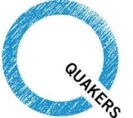

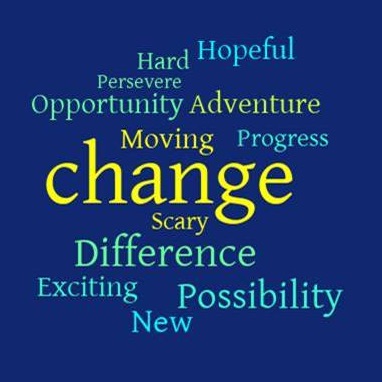

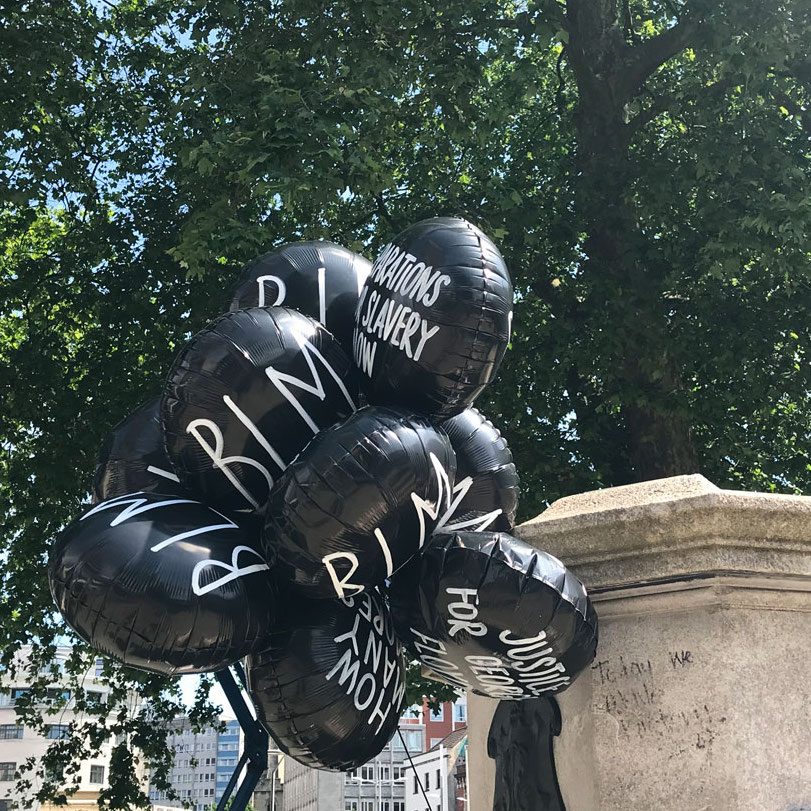
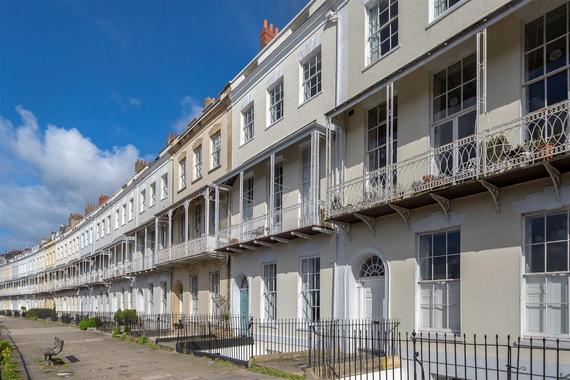 The beautiful terraces of Clifton were built in the era of Bristol’s slave trade. It is sad to find that those who invested in these elegant new homes included Quakers who had profited from slavery. Terry Townsend’s Bristol and Clifton Slave Trade Trails (2016) provides detailed evidence. Investors in Royal York Crescent included the Quaker merchant and iron manufacturer Joseph Harford, alongside others with African or West Indian links. Goldney Hall was the home of two famous Quaker families – the Goldneys and then the Frys. The Goldneys made their money as grocers dealing in slave-produced sugar, before moving on to run the Warmley Brass Works and invest in Abraham Darby’s Coalbrookdale ironworks. Darby’s Baptist Mills Brass Works, founded in 1702, produced manillas for the Africa trade. The Fry family also started out as grocers, before learning to manufacture chocolate from West Indian sugar and cocoa beans. The Eltons of Clevedon Court had diverse manufacturing interests, including links with fellow-Quakers Darby and the Goldneys. By 1748 ‘the family owned the slaver Constantine… which set sale for the Gold Coast and transported 240 slaves to Jamaica’ (Peter Martin and Isioma Nwokolo, Bristol Slavers, 2014, p.27). Other Bristol Quaker families with connections to slavery included the Champions (who owned West Indian ships and took over Darby’s Brass Works), the Galtons (exporting guns to West Africa), the Lloyds (trading, banking and plantation ownership) and William Reeve and Corsely Rogers (both trading slaves to South Carolina).
The beautiful terraces of Clifton were built in the era of Bristol’s slave trade. It is sad to find that those who invested in these elegant new homes included Quakers who had profited from slavery. Terry Townsend’s Bristol and Clifton Slave Trade Trails (2016) provides detailed evidence. Investors in Royal York Crescent included the Quaker merchant and iron manufacturer Joseph Harford, alongside others with African or West Indian links. Goldney Hall was the home of two famous Quaker families – the Goldneys and then the Frys. The Goldneys made their money as grocers dealing in slave-produced sugar, before moving on to run the Warmley Brass Works and invest in Abraham Darby’s Coalbrookdale ironworks. Darby’s Baptist Mills Brass Works, founded in 1702, produced manillas for the Africa trade. The Fry family also started out as grocers, before learning to manufacture chocolate from West Indian sugar and cocoa beans. The Eltons of Clevedon Court had diverse manufacturing interests, including links with fellow-Quakers Darby and the Goldneys. By 1748 ‘the family owned the slaver Constantine… which set sale for the Gold Coast and transported 240 slaves to Jamaica’ (Peter Martin and Isioma Nwokolo, Bristol Slavers, 2014, p.27). Other Bristol Quaker families with connections to slavery included the Champions (who owned West Indian ships and took over Darby’s Brass Works), the Galtons (exporting guns to West Africa), the Lloyds (trading, banking and plantation ownership) and William Reeve and Corsely Rogers (both trading slaves to South Carolina).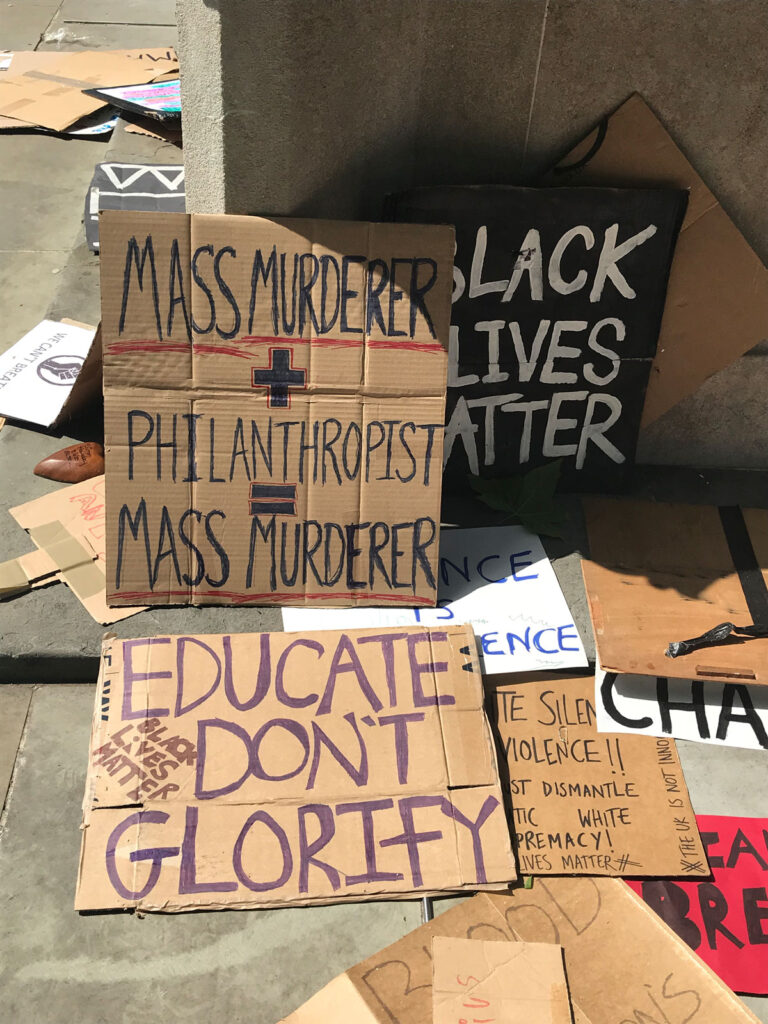






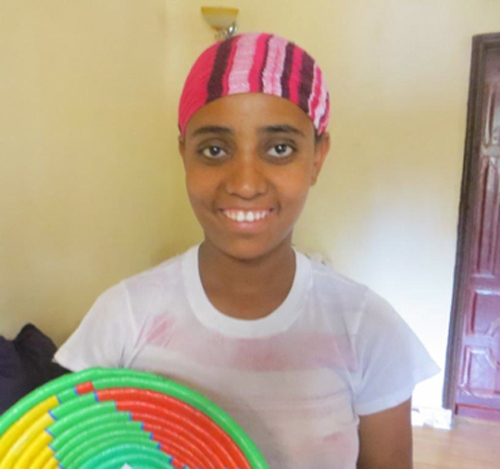
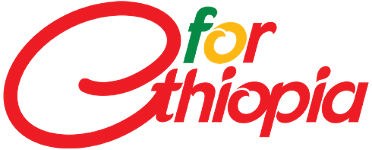 Many girls, even the lucky ones, are unable to proceed beyond primary school and their health is often at risk from poor medical and childbirth facilities as well as lack of opportunities to reach their full potential and contribute to society. Every penny we raise goes to them directly via a partner charity, properly constituted in Ethiopia, FDA-E (For Development Association Ethiopia)
Many girls, even the lucky ones, are unable to proceed beyond primary school and their health is often at risk from poor medical and childbirth facilities as well as lack of opportunities to reach their full potential and contribute to society. Every penny we raise goes to them directly via a partner charity, properly constituted in Ethiopia, FDA-E (For Development Association Ethiopia)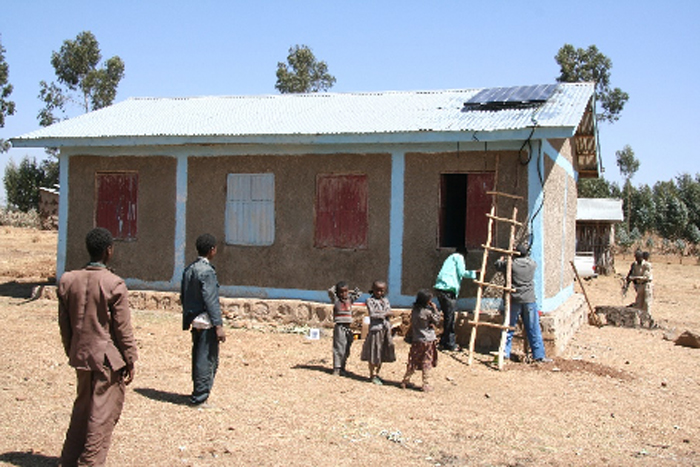
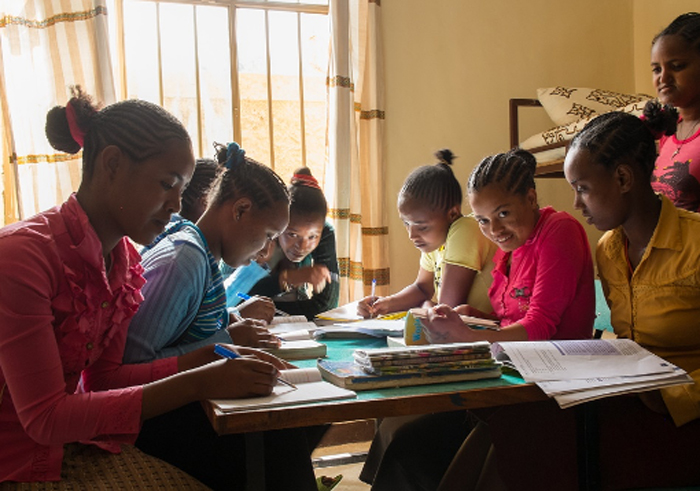
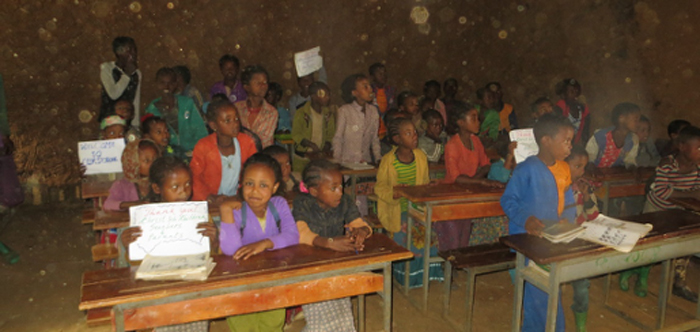
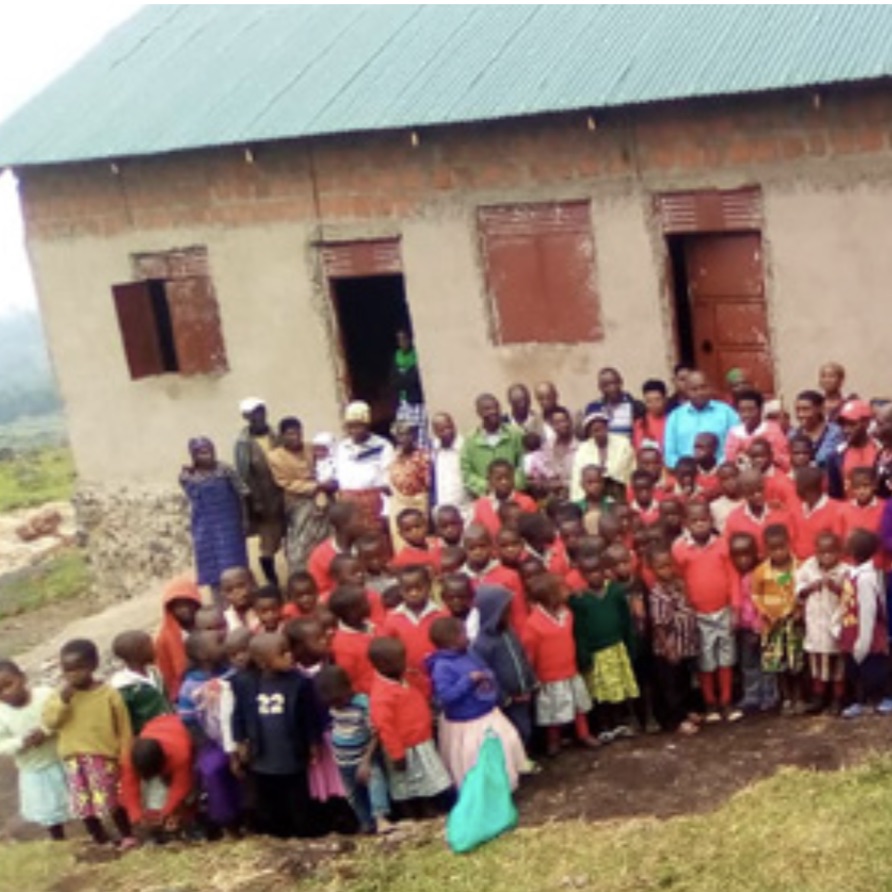
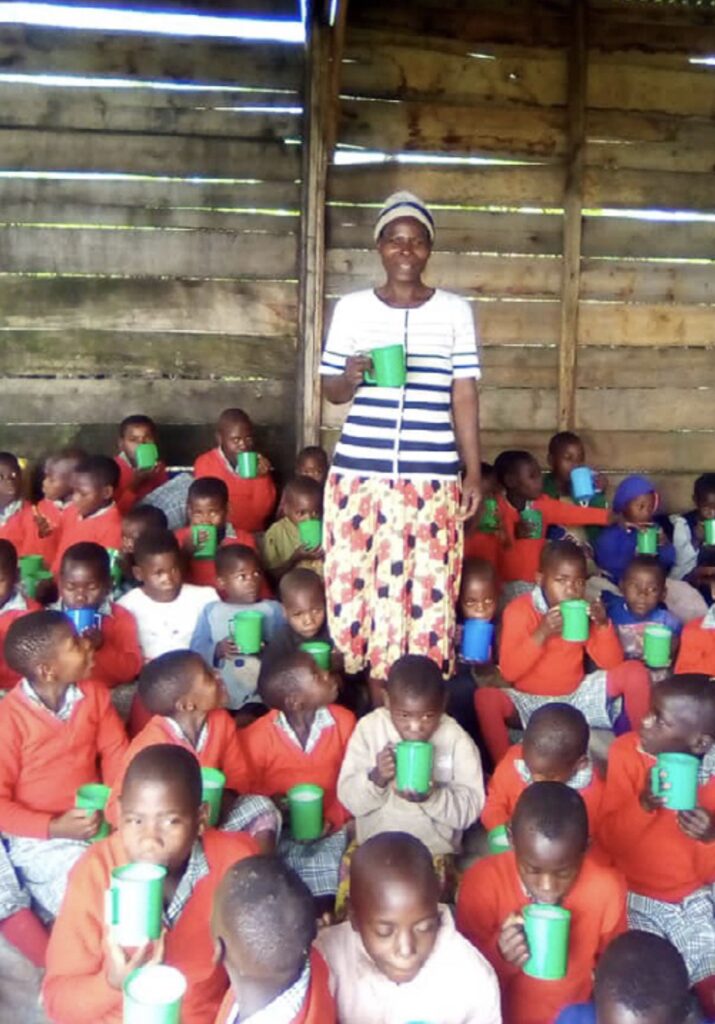 If you still want to help these hungry children, please go to
If you still want to help these hungry children, please go to 